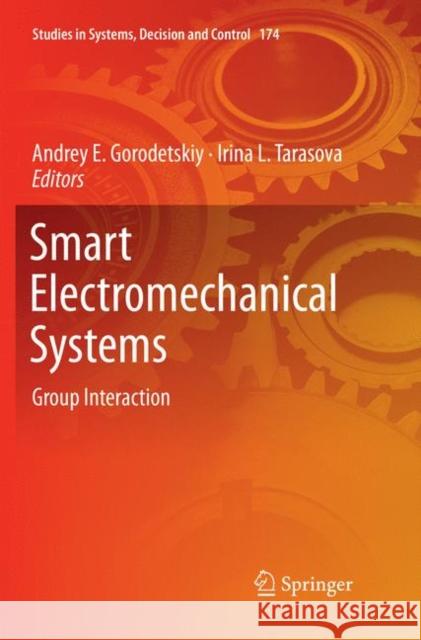Smart Electromechanical Systems: Group Interaction » książka
topmenu
Smart Electromechanical Systems: Group Interaction
ISBN-13: 9783030076313 / Angielski / Miękka / 2018 / 337 str.
Kategorie:
Kategorie BISAC:
Wydawca:
Springer
Seria wydawnicza:
Język:
Angielski
ISBN-13:
9783030076313
Rok wydania:
2018
Wydanie:
Softcover Repri
Numer serii:
000477984
Ilość stron:
337
Waga:
0.48 kg
Wymiary:
23.39 x 15.6 x 1.83
Oprawa:
Miękka
Wolumenów:
01
Dodatkowe informacje:
Wydanie ilustrowane











